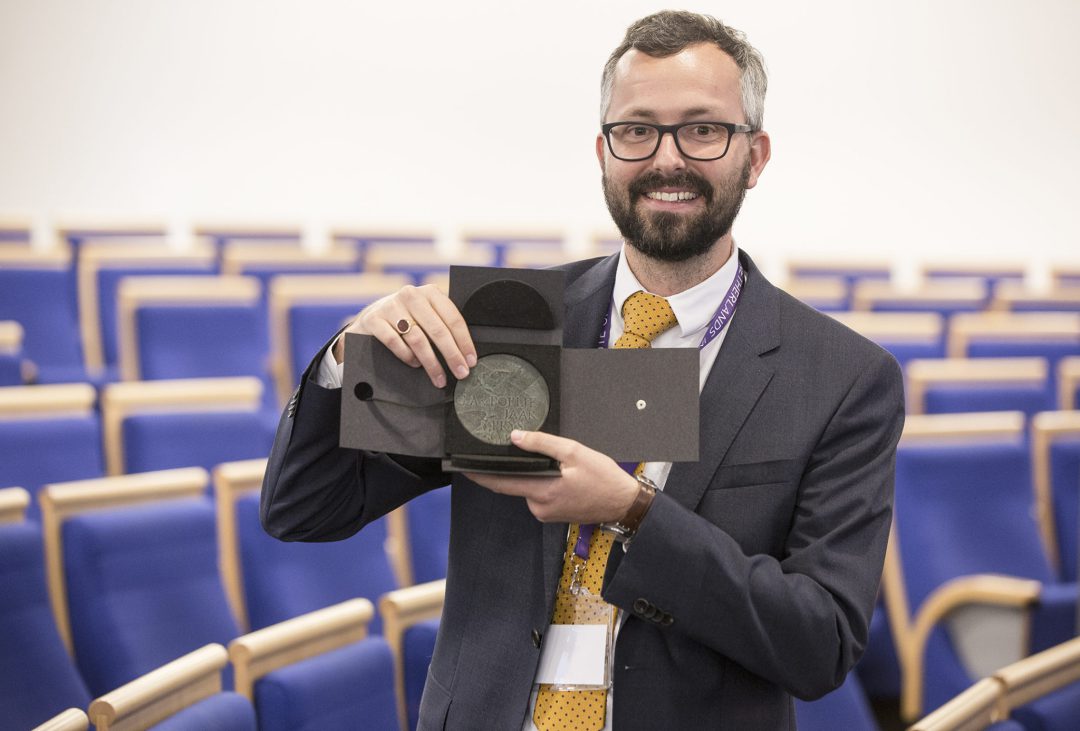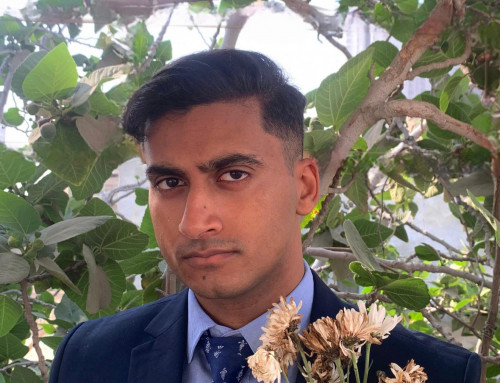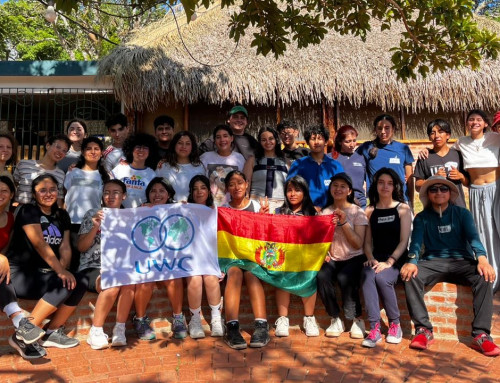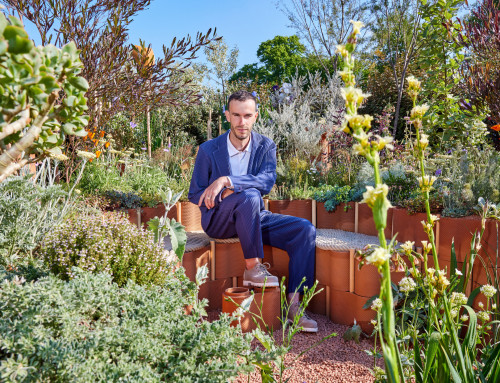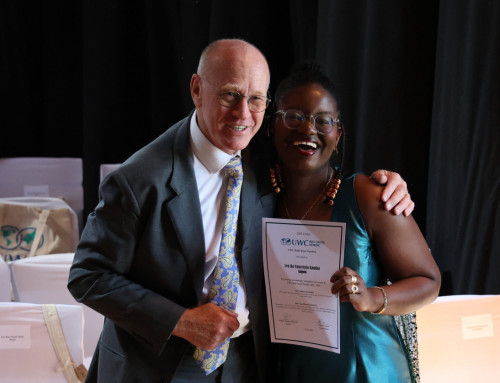[fusion_builder_container hundred_percent=”no” hundred_percent_height=”no” hundred_percent_height_scroll=”no” hundred_percent_height_center_content=”yes” equal_height_columns=”no” menu_anchor=”” hide_on_mobile=”small-visibility,medium-visibility,large-visibility” status=”published” publish_date=”” class=”” id=”” background_color=”” background_image=”” background_position=”center center” background_repeat=”no-repeat” fade=”no” background_parallax=”none” enable_mobile=”no” parallax_speed=”0.3″ video_mp4=”” video_webm=”” video_ogv=”” video_url=”” video_aspect_ratio=”16:9″ video_loop=”yes” video_mute=”yes” video_preview_image=”” border_size=”” border_color=”” border_style=”solid” margin_top=”” margin_bottom=”” padding_top=”” padding_right=”” padding_bottom=”” padding_left=””][fusion_builder_row][fusion_builder_column type=”2_3″ layout=”1_1″ spacing=”” center_content=”no” link=”” target=”_self” min_height=”” hide_on_mobile=”small-visibility,medium-visibility,large-visibility” class=”” id=”” background_color=”” background_image=”” background_position=”left top” background_repeat=”no-repeat” hover_type=”none” border_size=”0″ border_color=”” border_style=”solid” border_position=”all” padding_top=”” padding_right=”” padding_bottom=”” padding_left=”” margin_top=”” margin_bottom=”” animation_type=”” animation_direction=”left” animation_speed=”0.3″ animation_offset=”” last=”no”][fusion_text columns=”” column_min_width=”” column_spacing=”” rule_style=”default” rule_size=”” rule_color=”” hide_on_mobile=”small-visibility,medium-visibility,large-visibility” class=”” id=””]If ever a national stereotype applied to a young adolescent, for me, it would be the famed Dutch directness. From a young age, I strived to “tell it as I see it”. In high school, this got me into trouble with the board, when the school newspaper of which I was editor-in-chief published a series of less-than-favourable articles about disruptive building works on the school grounds.
As I entered Red Cross Nordic in 2001, a couple of things were set straight. It was impressed on me that even when you want to tell it as you see it, there are many ways of seeing a thing. This rendered Dutch directness a little less straight-forward! Though incorrigibly, I still retained the tendency to describe reality in a way that disrupts, makes people think. Only ever so gradually, the style became more academic, intellectual.
A study project in Birmingham during a project-based learning week related to the every-day realities of multicultural life in the second city of the United Kingdom inspired me to pursue my ambitions at a British university. After a Third Year Option at a Tibetan Children’s Village in northern India, I thus enrolled in the History and Sociology degree at the University of Warwick in 2004. During the introduction week, I was fascinated by what a professor of sociology told us freshers: “when, at any time, you don’t feel so well, find someone to take care of”. For me, it made total sense. Taking care as an active need: we are parts of a larger whole, and trying to make it thrive is what makes us happy. I always interpreted this counsel as an encouragement at the personal level, to be as kind and understanding as possible, and at the larger level, to take responsibility and call out and try to repair injustice when you see it.
It was at Warwick that I first became interested in the European Union as a curious social and political phenomenon, and decided to write a thesis on European identity politics. European identity engendered the promise to transcend nationalism, and be curious and welcoming, but could also be uninterested, retreated, and defined in opposition to an external bad. Doing volunteering work at the Coventry refugee centre, helping refugee seekers find their way through the complex British asylum machine, I encountered examples of both.
When I obtained my BA with first class honours, it first dawned on me that perhaps academic research was something for me. But I also wanted to get more concrete, spending more time on understanding how our governments work the way they do. I thus returned to the Netherlands, where I enrolled in a research master of Public Administration and Organisational Science at Utrecht University, and became a research assistant in a project on transparency in the European Union. I became increasingly fascinated by that strange, grey world of law and protocol which quietly zoomed on, creating policies ranging from the EU’s stance in climate negotiations to trade liberalisation treaties with the world’s large economies, without most of European citizens caring or knowing much about it. To me, this obviously screamed for a good story to be told about it!
Thus, after concluding my master (cum laude), I started a PhD project at the University of Amsterdam in 2012. Being based in a law faculty, my first task was to learn more about the functioning of administrative law in the EU, in order to understand the structure of all the case law and administrative procedures that were now becoming my bread and butter. Of course, soon enough, it emerged to me that all those ‘obvious’ arguments raised by the European institutions were perhaps understandable, but not so obvious as at all – and arguably, not necessarily in society’s best interest. In 2017, I completed my dissertation, Living Transparency: The development of access to documents in the Council of the EU and its democratic implications, and defended it successfully in front of a bench of professors of law and political science from across Europe. Recently, this dissertation received the Van Poelje Prize, an annual award for the best dissertation written in the field of public administration in the Netherlands and Flanders. I see this as a great encouragement to continue to care, which means for me: describing political institutions in ways that people had not thought about them yet, in order to find positive ways forward.[/fusion_text][/fusion_builder_column][fusion_builder_column type=”1_3″ layout=”1_3″ spacing=”” center_content=”no” link=”” target=”_self” min_height=”” hide_on_mobile=”small-visibility,medium-visibility,large-visibility” class=”” id=”” background_color=”” background_image=”” background_position=”left top” background_repeat=”no-repeat” hover_type=”none” border_size=”0″ border_color=”” border_style=”solid” border_position=”all” padding_top=”” padding_right=”” padding_bottom=”” padding_left=”” margin_top=”” margin_bottom=”” animation_type=”” animation_direction=”left” animation_speed=”0.3″ animation_offset=”” last=”no”][fusion_widget_area name=”avada-custom-sidebar-peopleofrcnarchive” title_size=”” title_color=”” background_color=”” padding_top=”” padding_right=”” padding_bottom=”” padding_left=”” hide_on_mobile=”small-visibility,medium-visibility,large-visibility” class=”” id=”” /][/fusion_builder_column][/fusion_builder_row][/fusion_builder_container]

